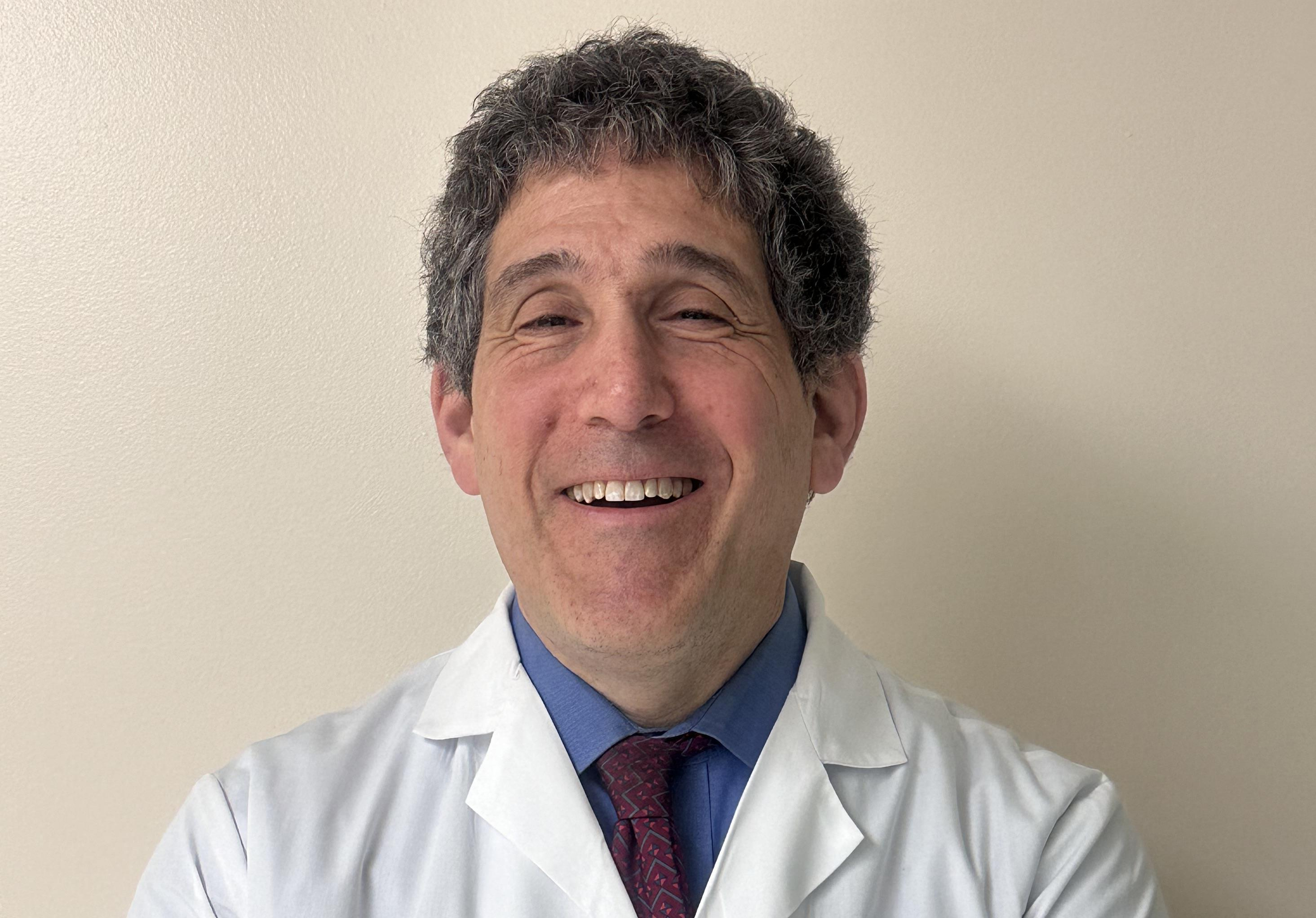From Classical Music to Hi-Tech Apps, Eric L. Altschuler, M.D., Ph.D., Shares His Passion for Neuroscience and Rehabilitation Medicine
Dr. Altschuler Talks About His Recently Published Book and App Currently in Development

A physician, professor, and inspiring figure in the field of neuroscience, the commitment of Eric L. Altschuler, M.D., Ph.D., clinical associate professor of rehabilitation medicine, to positive change reflects in his belief that integrity and compassion are essential in all aspects of life, especially in the medical profession.
Dr. Altschuler, who is also associate chief and director of clinical research in the Department of Physical Medicine and Rehabilitation at NYC Health + Hospitals/Metropolitan, has dedicated his career to studying neuroscience in the areas of brain injury medicine, neuromuscular medicine, and physical medicine and rehabilitation. He was the first to report the use of mirror therapy for stroke and orthopedic injury and publish the use of animal-assisted therapy for post-traumatic stress disorder.
“Many neurological diseases or conditions need new or improved treatments,” Dr. Altschuler said. “The opportunities for discoveries and helping people are vast.”
His latest undertaking was publishing a book, The Neuroscience of Bach’s Music: Perception, Action, and Cognition Effects on the Brain, which merges cognitive neuroscience, music theory, and musicology to explore human cognition and perception, enhancing listening and performing experiences of Bach's music through a neuroscience lens.
“We can use what we know about neuroscience to learn about Bach, but we can also use Bach to teach us more about neuroscience,” said Dr. Altschuler.
With the goal to turn his readers into Bach enthusiasts, the book explains the remarkable dance between art and science, combining his interest in music and life-long career in neurology.
“I love science,” he said. “I make interesting discoveries, like in my book where I explore the neuroscience of music. I also enjoy the science behind medicine, which allows me to both help people and make discoveries as well.”
Dr. Altschuler thinks out of the box. Currently, he and his team of researchers, including Sunny Chi, SOM Class of 2025, and Bruno Alonso, M.D. '23, are making strides to improving the livelihoods of people with expressive aphasia, the condition where a person understands speech but has difficulty speaking. Through looking at numerous case studies, the goal of their unreleased app, SpeakEase, is to allow people with expressive aphasia to navigate food menus with ease by creating engaging sentences through audio cue, synonyms, antonyms, and more to prompt speech in any language. Artificial intelligence analyzes and categorizes the photo of the menu, as well as creates photos of menu items that don’t have an image, using advanced text recognition for the user. He has presented his research at national conferences, including the Society for Neurosciences, Association of Academic Physiatrists, and American Academy of Physical Medicine and Rehabilitation.
“We still have a lot of research to go before the app is finalized, but the hope is that this is more helpful, and a tool people can use to make life easier.”
When asked what accomplishment he’s most proud of he said, “The last patient I helped. It’s a privilege to be a doctor, not a right.”

